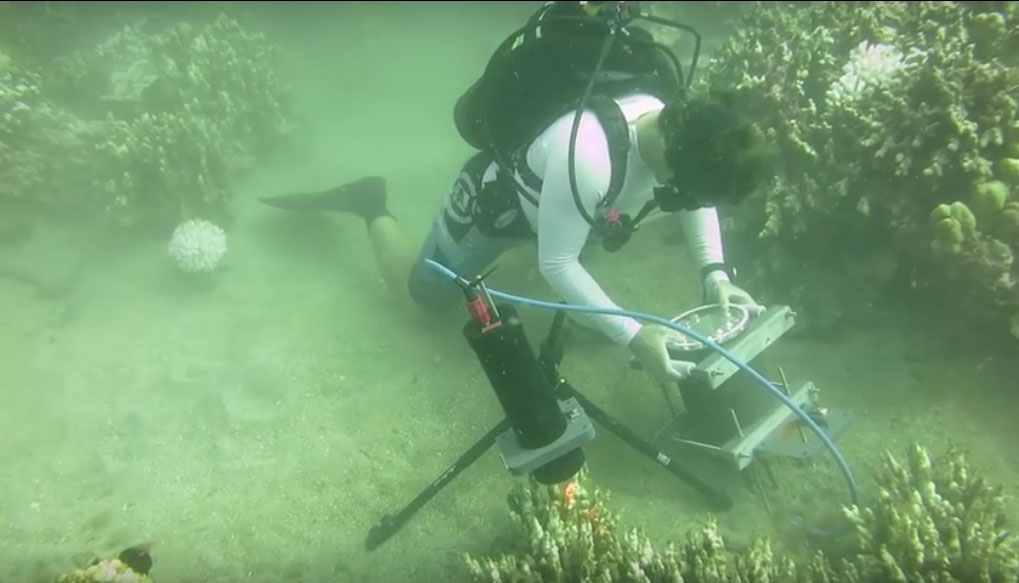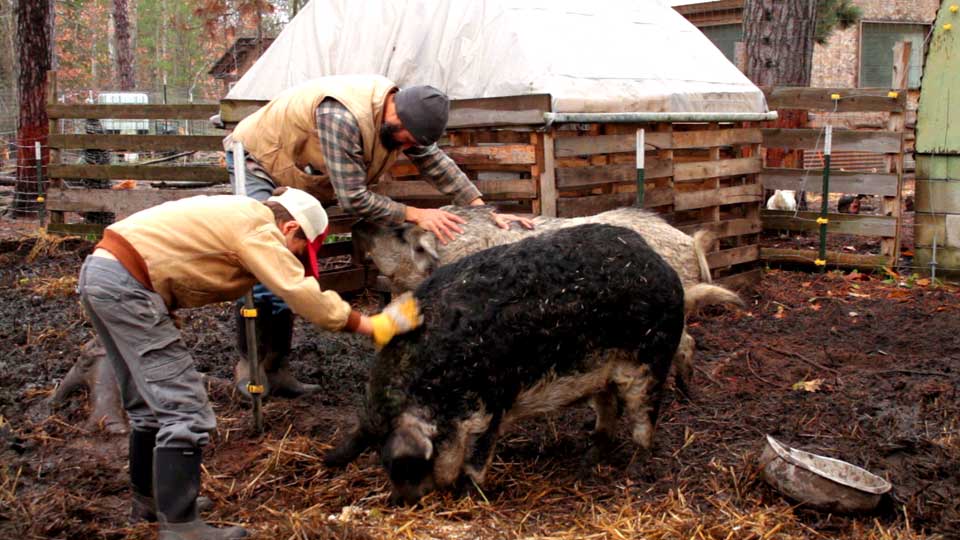5 Steps to Prevent Spoiling Your Children
IN OUR OVERINDULGED SOCIETY LESS IS THE NEW MORE!
We overwhelm them with toys and games, make every conversation a long speech, supervise every step they do (or don’t do), and admire nonstop the blue line they drew on paper. But, dear parents, that is exactly how our children become spoiled and self-centered.
We love our children so much, wanting to give them more and more… and if possible a little more. All of everything: toys, clothes, treats, experiences, in short a good life, a life maybe that we didn’t have ourselves.
We also want to be the best parents we can be educating them properly, instilling as much knowledge as possible, showing them the right way, preparing them for life. We try hard, we question whether we have given enough or explained enough. We forbid almost nothing, worry that by fulfilling our job to set limits and enact discipline we will cause damage, disappointment (an unbearable thought for some), and elicit blame. We harbor guilt for working too much and spending too little time with our kids even as we run ourselves ragged trying to please them.
It’s easy to understand how we get carried away and yet, we must admit there is a problem. Children are not happier, do not perform better, and are not coming with more impressive results. Quite the opposite – it’s making them completely self-centered and spoiled! So, we’ve put together some ways to bring changes. Today, less is the new more!
Here are 5 steps you can take to bring change:
1. Give Less
We live in an affluent society surrounded by mindless consumerism from every direction. It’s part of the culture we live in whether we like it or not. Children want it all and they want it now. It seems that nothing really satisfies them any more. This constant giving results in their inability to enjoy anything they receive for very long, always wanting more and longing for the next prize.
You can see lots children who by the age of six have already received just about everything that could be given: stacks of toys and games, elaborate birthday parties, sophisticated computer games, exotic vacations, etc… with all this, what could excite them later on? For them it’s just more of the same. They are excited for a minute and then move on without appreciation, it’s expected even.
Even if you have the financial capability to give them the world… stop, and remember the importance of proportionality. We have a lot to give, but why give it all at once? Allow your child to enjoy one pleasure at a time and you will amplify and deepen the experience. Your child will learn to wait and appreciate what comes next.
With this, you have done less and you get a lot more in return!
2. Talk Less
This point is very important. Let‘s face it: we talk too much. So what’s wrong with trying to explain the reasons for everything to our kids? Well, first of all it‘s tiring. For the children (and for us too). They cannot listen to long explanations and quickly learn to block us out escaping into their own minds. Especially emotionally and sometimes even physically. (Imagine how you feel when your kid starts telling you every detail about the latest video game and you glaze over after 30 seconds.) You can’t relate so all the details and enthusiasm over the game is wasted on you.
When they ask us a question we get excited, “Wow, the kid is interested!” We proceed to instill all our knowledge and experience in a lengthy answer sharing tremendous detail, personal examples, irrelevant info, etc. However, once they realize they’re getting more than they required to answer the question they block us out and with repeated experience will refrain to ask questions in the future.
Learn to listen to what they ask, organize your knowledge into shorter sentences, and stop occasionally to allow them to share. They will appreciate it and you will work less at your explanations. When we talk too much, we leave no room for the child. Filling the space with words we leave no room for silence and silence is important. They indicate that it’s the child’s turn to speak and that we are interested in what they have to say.
Even when you’re angry, silence can be very effective. It gets a child’s conscience working overtime signalling to them that something unacceptable has happened. It encourages them to break the silence and say something which allows parents to start a conversation from a much better place.
Here again, you do less and get more out of the interaction.
3. Educate Less
We have an important job. We are responsible for our children’s education. Important? Absolutely! The question is: what does this mean and how to do it? A significant number of parents find themselves correcting their children all day long whenever they feel them deviating from the right path, and certainly when they are wrong. We need to accept that kids are definitely going make mistakes and lots of them! It’s part of how they learn.
When we correct, criticize, and stick our noses into everything they do it creates for the children a sense of living under the constant watchful eye of Big Brother. They lose trust in themselves to make good decisions. Like losers who always get it wrong and cannot deliver the goods.
Truth is, we are big brother and most of our hen pecking is unnecessary. Children learn and are strongly influenced by their environment, and especially from their parents. The bulk of your energy is better spent observing your own behavior, your way of speaking, and your choices. This is hugely important as these things pass to them subconsciously in a direct and immediate way.
Begin to rely on life to teach them (as it taught us) large and important lessons. They need to learn that every choice has a price. It’s called natural results and they generally get doled out at the right time and place. Your job is to show them these connections between actions and consequences (positive and negative), with love. It will mean less energy wasted by you, give more efficient and effective results, and best yet will contribute to a good relationship with them.
4. Admire Less
Let’s be clear here on this. Yes, it’s important to admire our children’s accomplishments and use positive reinforcements. What we are addressing here is when this admiration is taken too far. When anything a child does is met with wild enthusiasm. Compliments, praise, over and over, tell all the family, the teachers, announce on it facebook, etc…
When we react to everything they do as a great leap for humankind so many times each day the child gets used to adoring praise and if none is received – he won’t do. This can be problematic after all, in real life nobody gets non-stop applause.
It’s important to teach children to develop a sense of inner satisfaction and pride and enjoy it. This will happen when your responses are measured and proportional. Children should be treated as if they are expected to do good things, help at home, share with others, etc. even when there is no overwhelming admiration around.
Then, when you show great excitement in response to their actions it will have tremendous value.
5. Help Less
If we could walk three steps ahead of our kids removing every obstacle, preventing every pain, and have mercy don’t let them fail! We can easily fall prey to the trap of trying to make life easy for them in every way possible.
Some of us end up doing everything for them without even noticing even though, they are able to do it themselves. Still dressing them at the age of five, fixing their social dilemmas , solving all their challenges, and taking responsibility for their actions.
As parents we should be there for them but just how much, for what, and until when? Yes, there is confusion and we can’t always answer these questions for everyone yet, we do our kids a disservice by treating them as small and helpless when they no longer are. If you give them a chance you may be surprised by what you discover they can do on their own. Take the extra time to let them try for themselves. Release them and yourself.
In conclusion, remember this one thing: less effort = more results. Less is the new more!














You must be logged in to post a comment Login